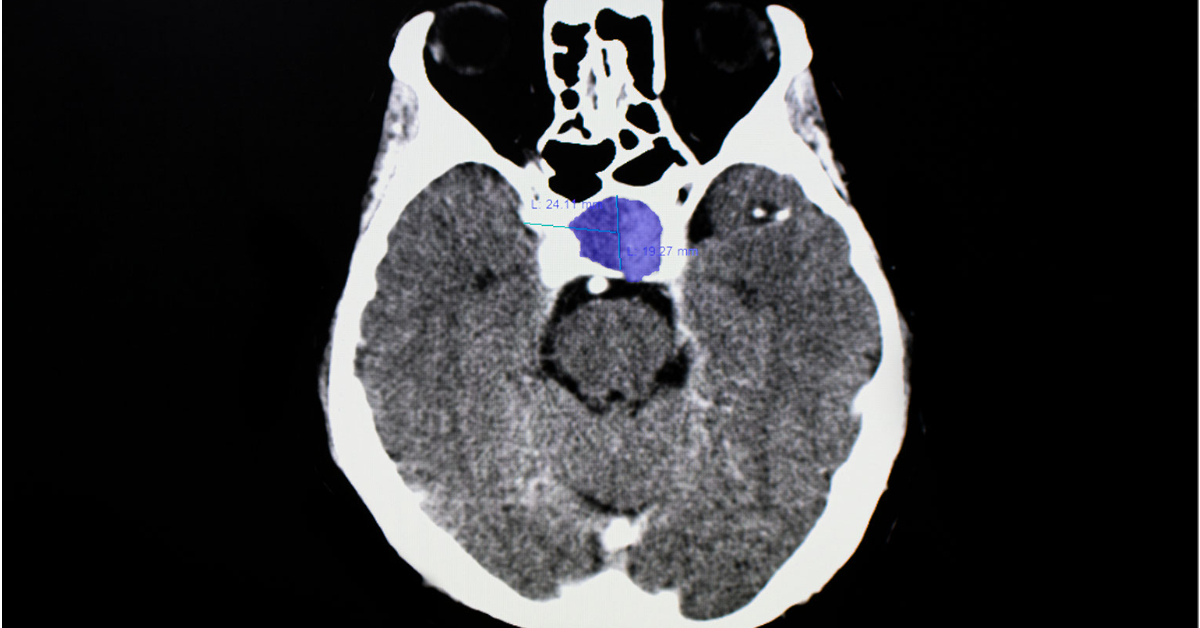Abnormal developments that continue to grow in the pituitary gland are called pituitary tumors. Hormones help in the regulation of vital functions of the body and these pituitary tumors increase hormones. In some cases, these tumors may provoke the pituitary gland to produce fewer hormones that decrease their level in the body. A majority of these pituitary tumors are non-cancerous as they don’t disperse into the other body parts. While there are numerous options available to treat pituitary tumors, tumor removal is a desirable one. If the tumor growth isn’t controlled with medications, Cyberknife Radiosurgery is a preferable alternative to treat the tumor.
The use of Radiation Therapy for Pituitary Tumors
Radiation Therapy or Cyberknife Radiosurgery is recommended by doctors for treating Pituitary Tumors when the surgical procedure is not a good option for the same. Also, Cyberknife Radiosurgery is done when there is a recurrence of a Pituitary Tumor following the surgery. Radiosurgery is like undergoing the process of an x-ray with differences in radiation volumes and the regions of the body exposed to radiation. However, you will have to undergo imaging tests so that your doctor can determine the location of the tumor and target it precisely. A radiation oncologist will lead the medical team in performing a Cyberknife Radiosurgery procedure.
The procedure of Cyberknife Radiosurgery for treating Pituitary Tumors
Radiosurgery involves directing highly focused radiation towards the target, Pituitary Tumor, to destroy its abnormal cells completely. The tumor-bearing region is irradiated in a series of sessions performed multiple times a week for nearly 4 weeks. You will lie on a table surrounded by a machine that delivers radiation from different angles. Each session takes about half an hour as radiation is precisely directed at the target tumor without hurting you. Your doctor won’t give any cuts for the procedure and ensures that the radiation is limited to the tumor-containing body part.
FAQs
Yes, radiation therapy using the Cyberknife system is a recommended method for treating Pituitary tumors without causing any harm.
Patients undergoing cyberknife radiosurgery may experience headaches, seizures, necrosis, nausea, and vomiting after undergoing the procedure.
The survival rate of patients with pituitary tumors is between 5-10 percent after diagnosis. The success rate of Cyberknife Radiosurgery is about 97% as patients survive long after the procedure.
Well, most patients who find out their tumors are not curable live a normal life. However, some may experience problems due to hormonal fluctuations or vision problems.
In most cases, patients having pituitary tumors observe a slow growth of these tumors when they go for routine checkups and tests. On average, the growth of pituitary tumors is between 1 mm to 3 mm within a year which may vary from person to person depending upon the tumor location and type.

